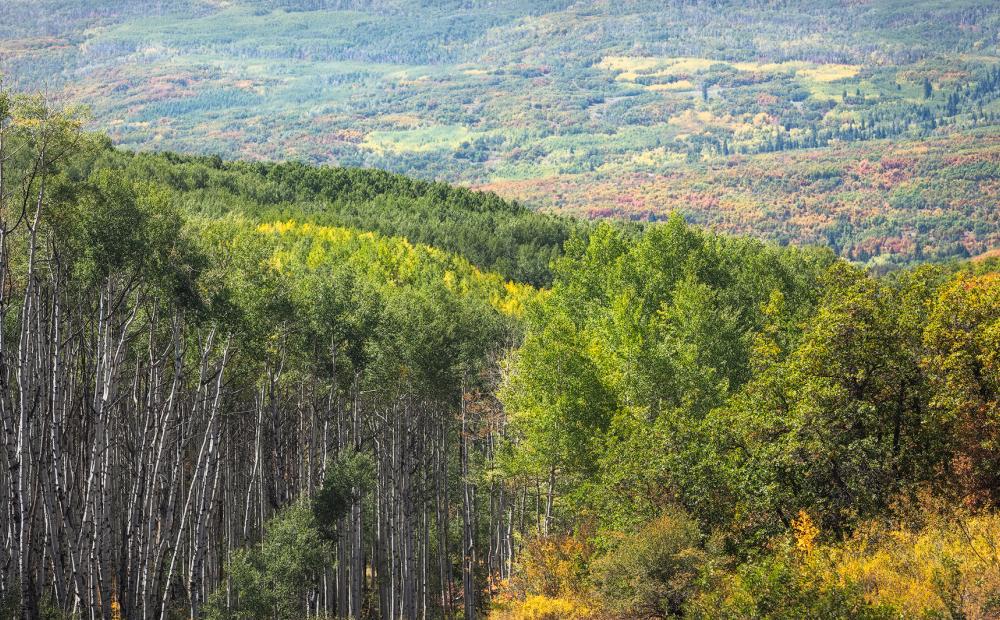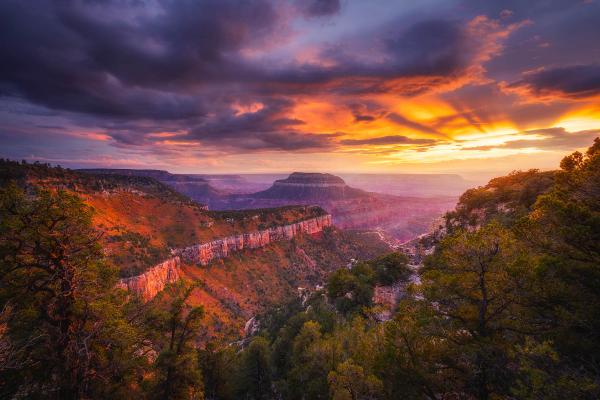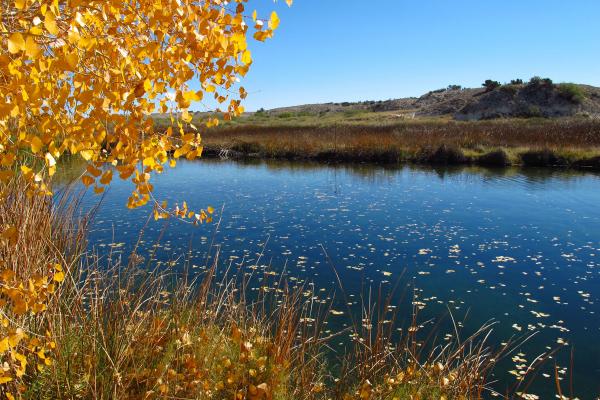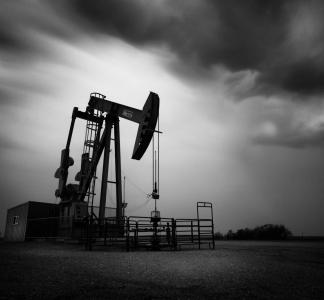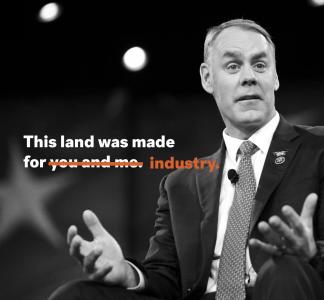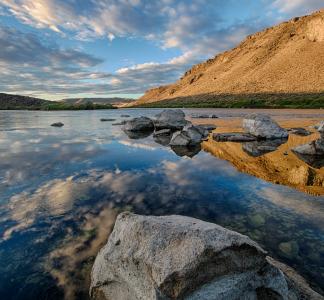Protecting people and wildlife from energy development
Mason Cummings, TWS. Aerial support from LightHawk.
Energy production is meant to improve lives, but too often it harms communities, public health and wildlife
Too often, our government allows energy companies to lease sensitive public wildlands to oil, gas and coal development. Energy companies are allowed to use these lands irresponsibly and without regard to wildlife or nearby communities.
For animals, drilling is a problem when oil and chemical spills contaminate water, or when roads, fences and wellpads destroy habitat and disrupt migration routes. For humans, ongoing pollution and water contamination create public health concerns. For example, in Colorado, oil and gas companies reported nearly a dozen spills a week in 2017. Together these incidents resulted in 93,000 gallons of oil spilled into groundwater and streams throughout the state. In San Juan County, New Mexico, in the city of Farmington and surrounding areas, a total of 40 percent of the population lives within a half mile of an oil or gas well on public land and is affected by air pollution.
Energy extraction also disproportionately affects Native and hispanic communities, like those in New Mexico or the Havasupai in the greater Grand Canyon watershed whose water is threatened by uranium mining.
We believe such impacts from energy development can and should be minimized. Our communities and our public lands deserve better.
Addressing impacts from oil and gas, and coal development is a crucial part of protecting our public health.
Places and communities at risk
What we're doing
-
Guiding responsible planning of energy projects
We work with government agencies to advise and ensure energy development is carefully planned and that impacts to land, habitat and communities are as small as possible.
-
Helping affected communities advocate for public health
We connect and provide resources to frontline communities to ensure their voices are heard by our government, since decisions about energy disproportionately affects them.
-
Advocating for policies that hold energy companies responsible for their messes
We are working to hold gas and oil industries accountable for the messes they create by advocating for rules to reduce air pollution, ensure companies are liable for all cleanup costs, and that companies can’t abandon wells and mines when they are done.
-
Protecting wildlife
We work with government agencies to ensure negative impacts to wildlife habitat are minimized. Where harm to important wildlife areas can’t be avoided, we work to see that these impacts are offset.
